
When it comes to child development, the learning through play theory is very important. There are several psychological studies which have confirmed the relationship between play and learning for children.
Playing outdoors gives kids the chance to explore and take in the world around them. This has lots of physical and cognitive benefits during early years and later on.
Learning Through Play Theorists
There are a few well-known theorists in this field including Piaget and Vygotsky. They have researched the links between learning and play and the significance for children’s development.
Piaget’s main theory was that play should encourage further psychological development as children mature. Playing outside can incorporate all areas of learning and help kids to become more aware of their environment.
There are a number of skill areas that can be built upon through outdoor activities, some of these include:
- Cognitive development
- Social skills
- Emotional maturity
- Self-confidence
- Problem-solving
- Kindness and sharing
- Organisation
So many games and activities can focus on these different aspects to give pupils a well-rounded experience.
Types of Play to Encourage Learning
There are a few different types of play that help young children learn a variety of skills. Below are two of the most popular styles, both of these have their own benefits. It’s important for schools and nurseries to offer a range of activities that promote different areas of development.
During play children can develop a number of skills including socialising with others and problem-solving.
Child-Led Activities
With child-led play, the children are completely independent in deciding what they want to do. This leads to a whole range of possibilities where kids can use their imaginations to explore their environment during early childhood. This often includes pretending play and role-playing activities.
With this, children use playground equipment and toys however they like and create their own games. It’s a crucial part of early development which gives kids the freedom to learn and have fun however they want. Check out our post on Anti Bullying Week 2019 for more ideas on creating a positive playground for children.
Playing outside particularly helps speed up brain maturity, so it’s great to offer plenty of options for kids. There are many playground design ideas you could look at, including climbing equipment, surface markings and more.
Guided Play
Another style of play often delivered in schools are guided activities. This involves teachers providing a particular game or topic to target certain objectives. These could be number games, word games or memory activities. Children can be left to engage in the activity, but with specific prompts from their teacher.
The guided playstyle focuses more on certain areas of education to ensure pupils are developing all the skills they need. It should still be fun and keep children engaged while taking part in the activities.
Children are naturally curious and want to explore the world around them. All different types of activities help to spark this curiosity and contribute to increased knowledge.
The Three Main Play Theories
When it comes to different theories regarding the benefits of play, these can be split into three main points:
- Classical Theory – This focuses on burning excess energy by doing physical activity.
- Modern Theories – These look at how play can impact a child’s development through taking an active role in different games.
- Contemporary Theories – This is focused on the relationship between play and daily life, incorporating social and cultural knowledge into playground games.
These different theories help us to understand the different benefits of play for children, particularly in the early years. Plenty of research has been done which highlights the importance of playing outside for cognitive, physical and emotional development.
- 4 Ideas for Teaching Organisation on the Playground
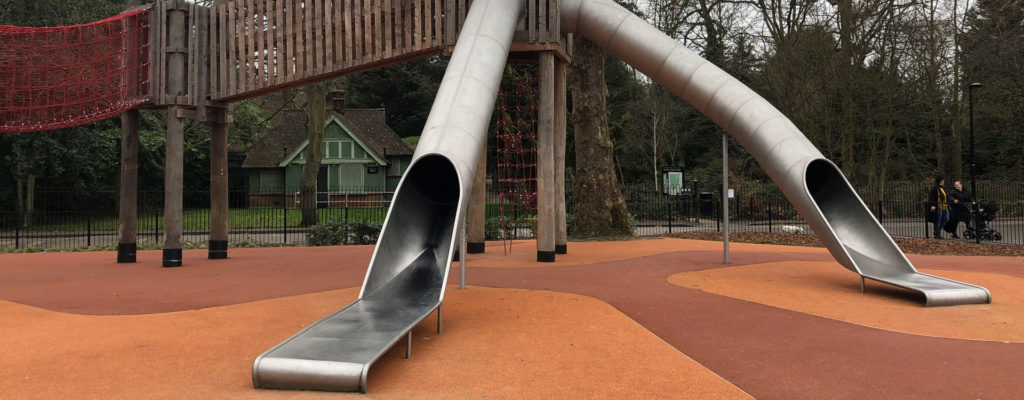
- 4 Reasons Why Schools Have Artificial Grass
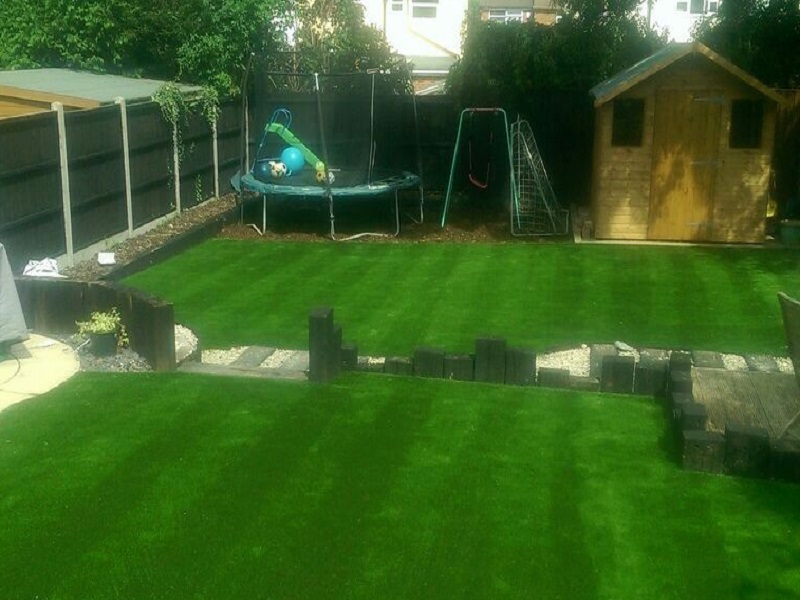
- Activities to Teach Kindness on the Playground
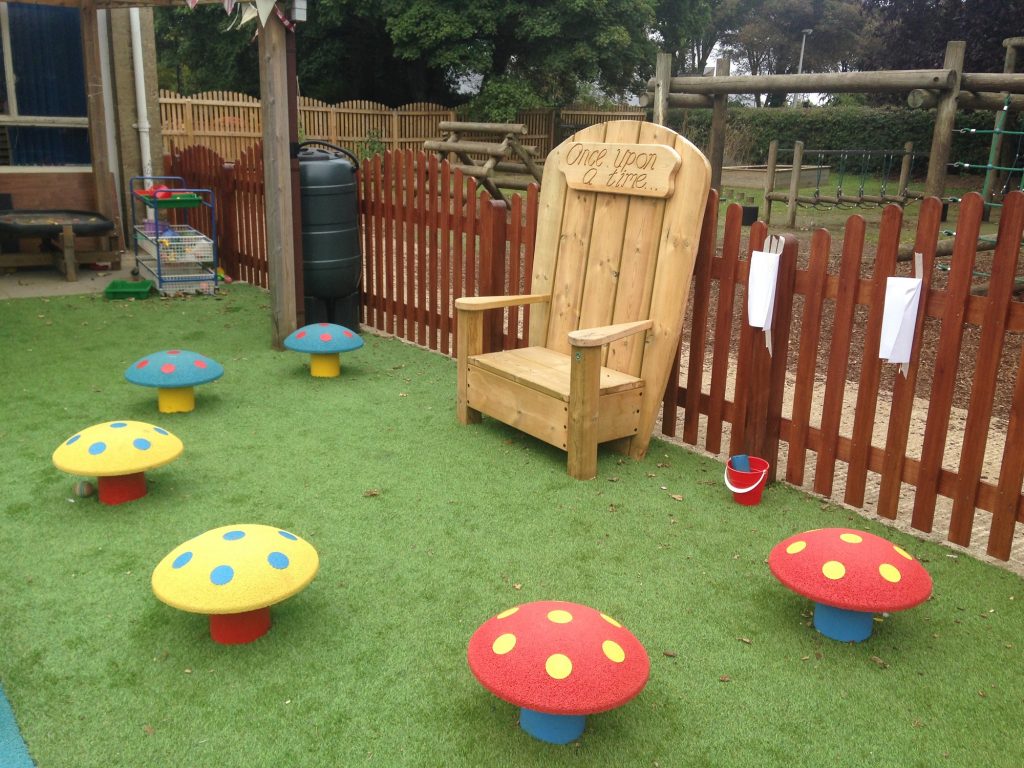
- All Weather Surface Children’s Playground Safety Flooring

- Artificial Grass and Rubber Mulch Surfacing in Derby, Derbyshire
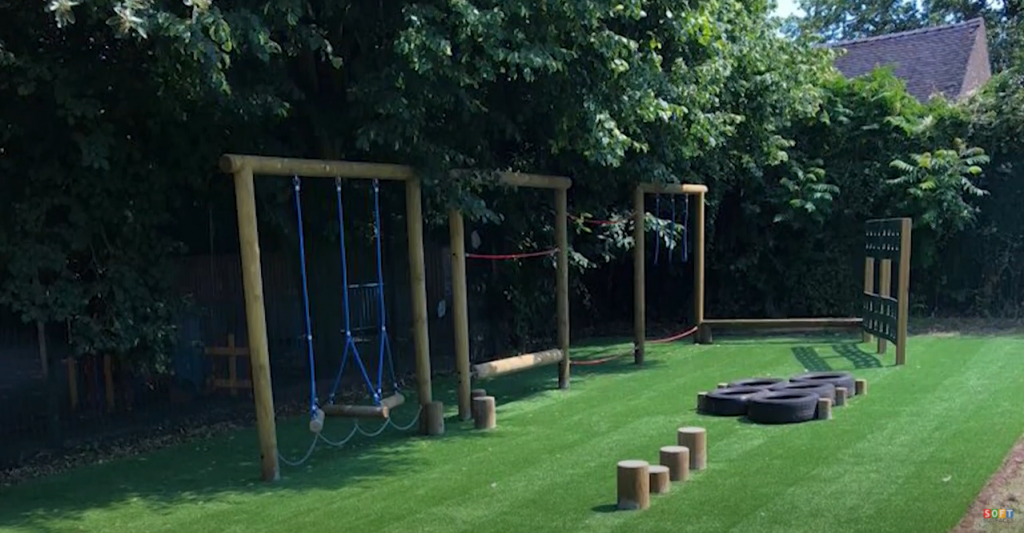
- Artificial Grass and Wetpour Pathway Installation at a School in Birmingham
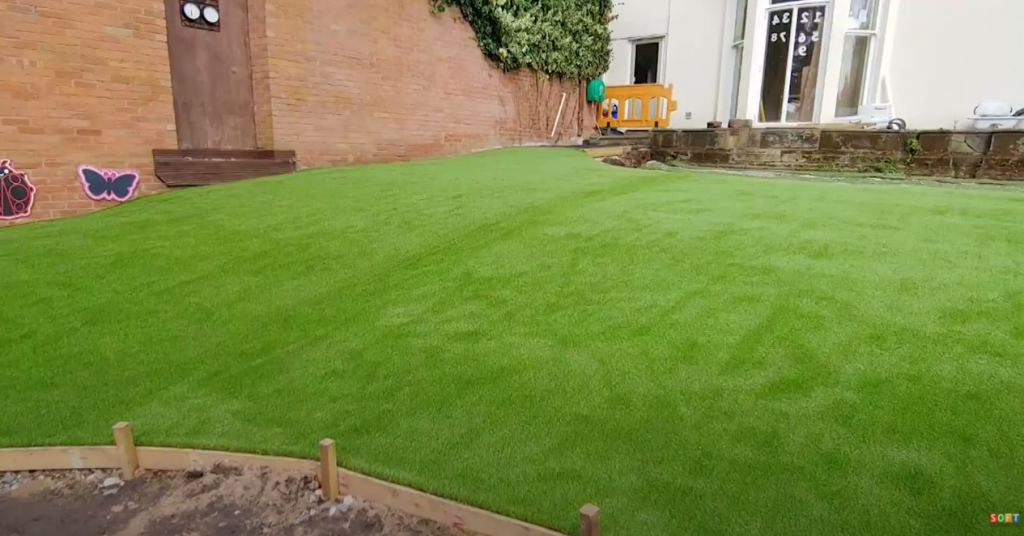
- Artificial Grass and Wetpour Roadway Construction in Liverpool
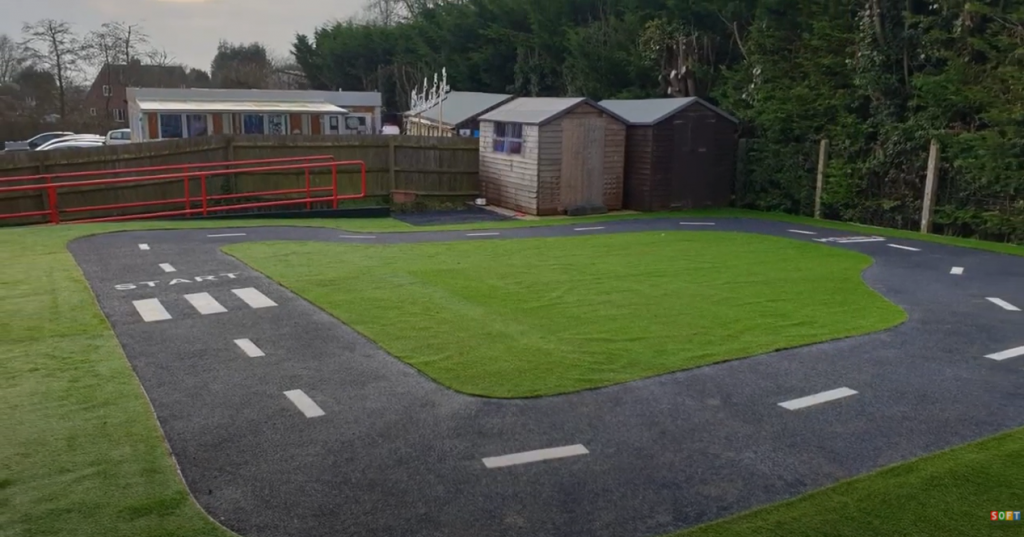
- Benefits of a Mud Kitchen for a School Playground

- Benefits of Climbing in Primary School

- Benefits of Sensory Activities for Individuals With Autism
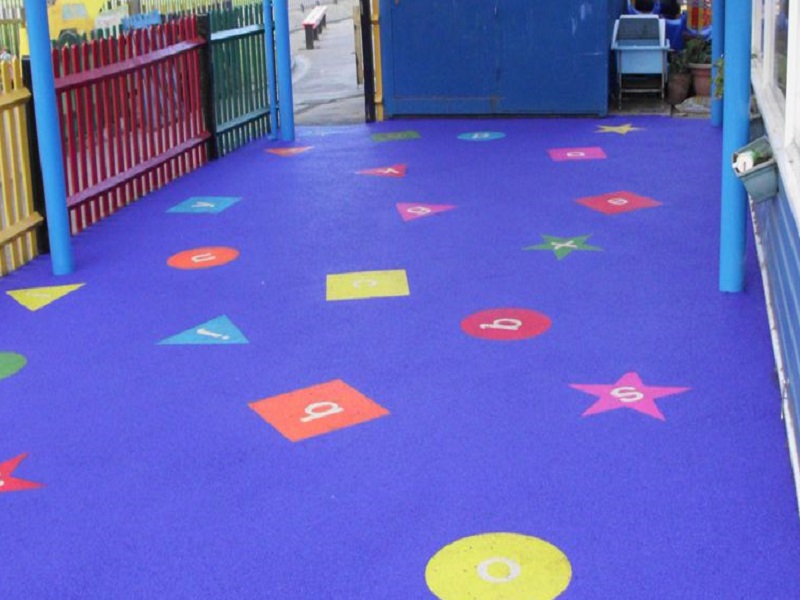
- Bespoke Playground Surfacing With Graphics in Northampton

- Best Playground Equipment for Primary Schools
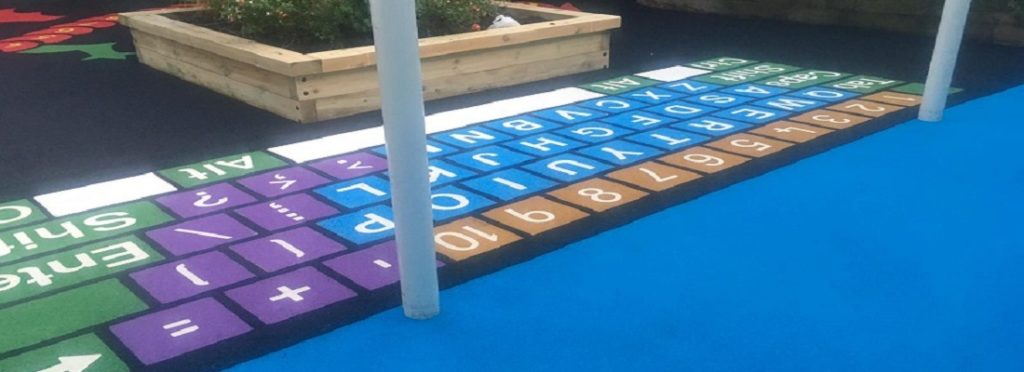
- Black Wetpour & Artificial Turf Construction at a Nursery in Harlow, Essex
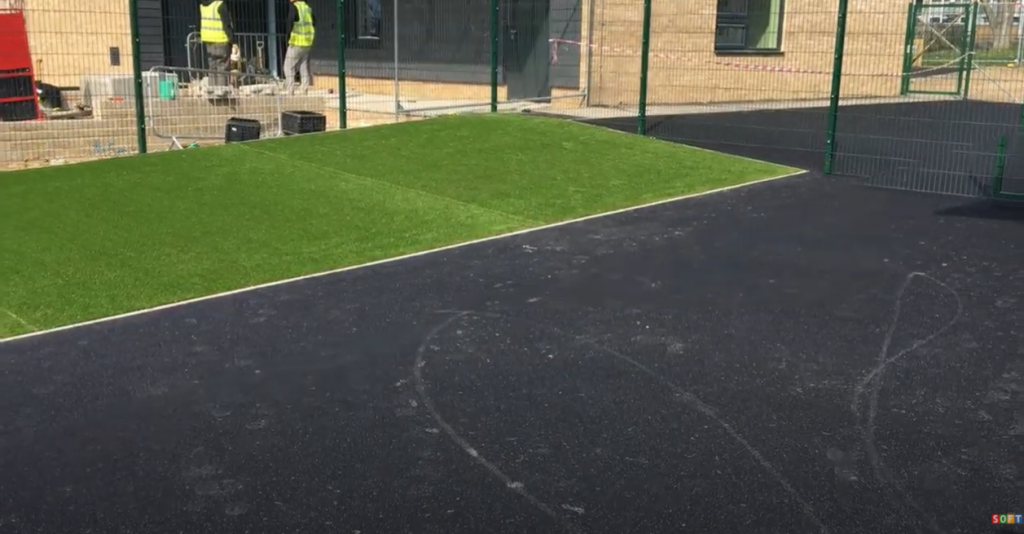
- Black Wetpour Flooring Construction in Canterbury
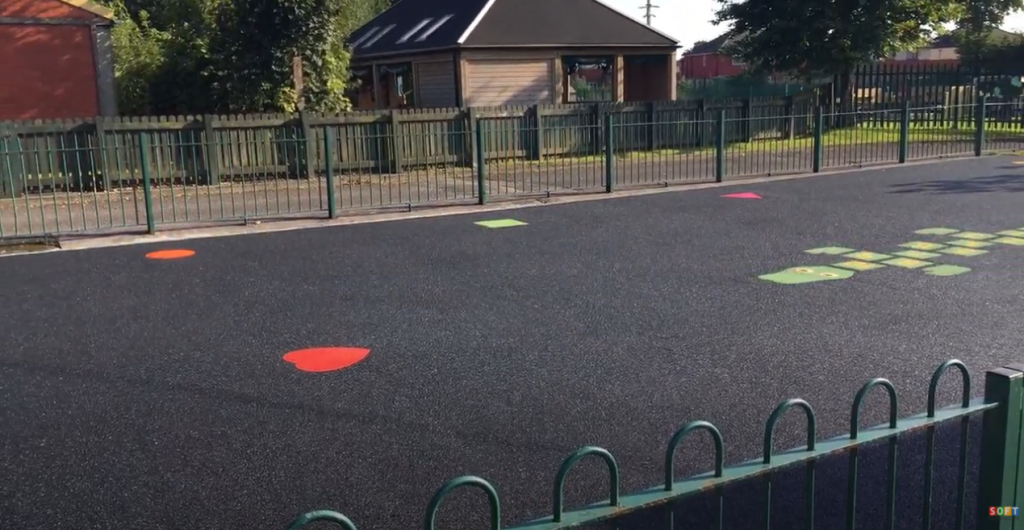
- Children’s Play Area Flooring

- Children’s Sensory Playground Designs
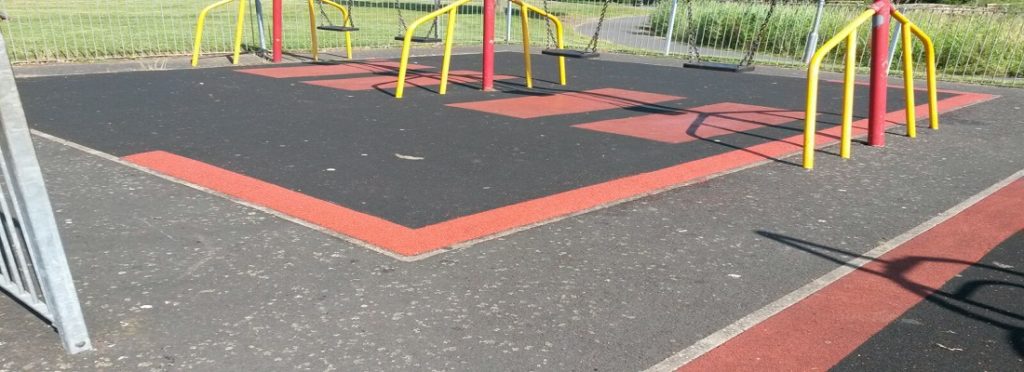
- Colourful Play Area Surfacing in Sheffield, South Yorkshire
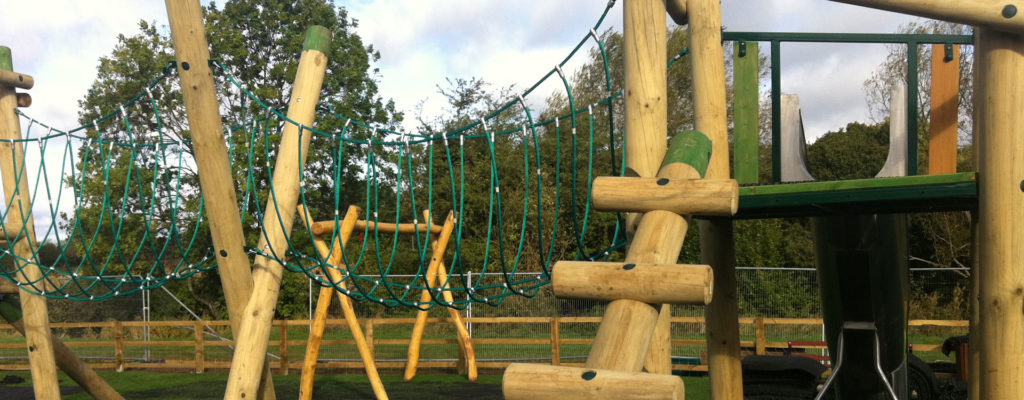
- Colourful Playground Flooring Design in Cardiff, Wales

- Colourful Rubber Playground Flooring in Wakefield, West Yorkshire

- Colourful Rubber Playground Flooring Installation in Wakefield
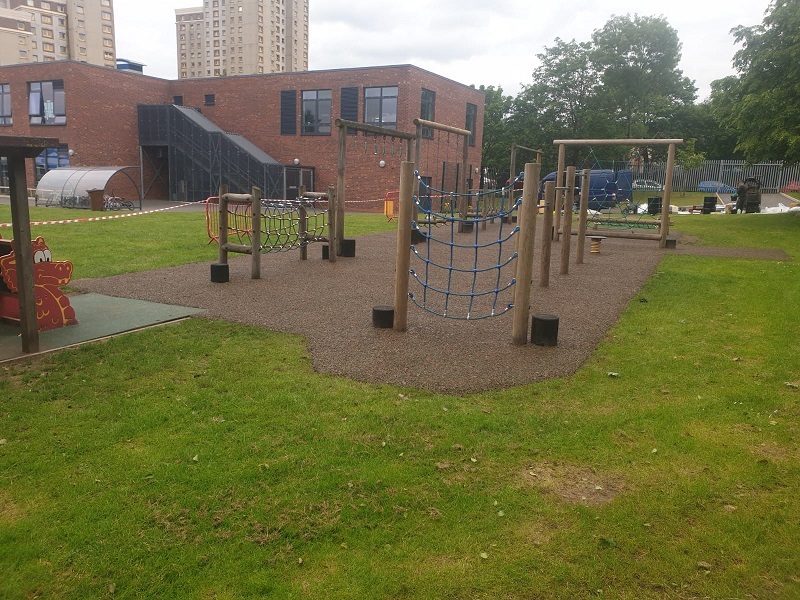
- Colourful UK Playground Surfacing in Bedfordshire
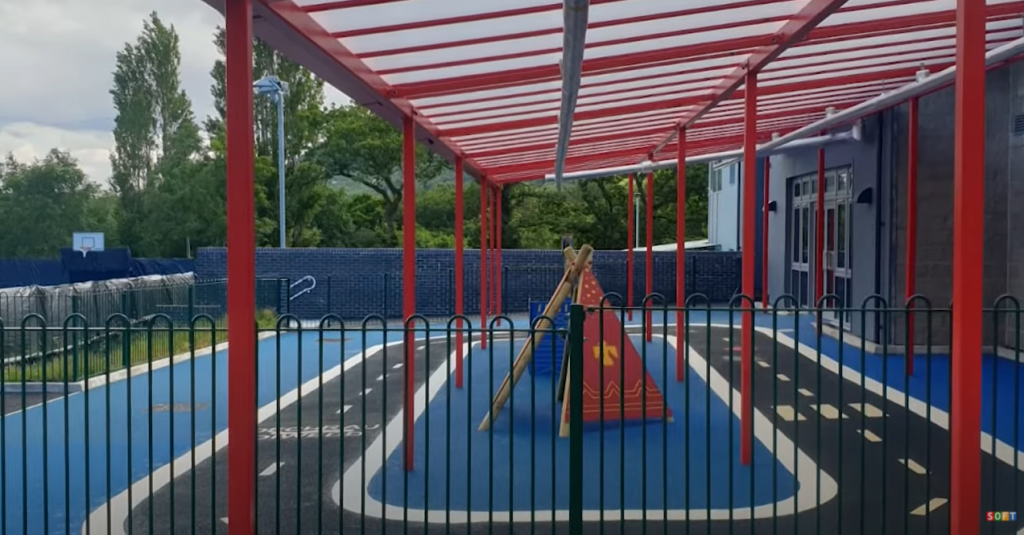
- Cooperative Play Ideas for Kids

- Costs of Schools Playground Safety Surfaces

- Creating a Storytelling Area in Your Playground
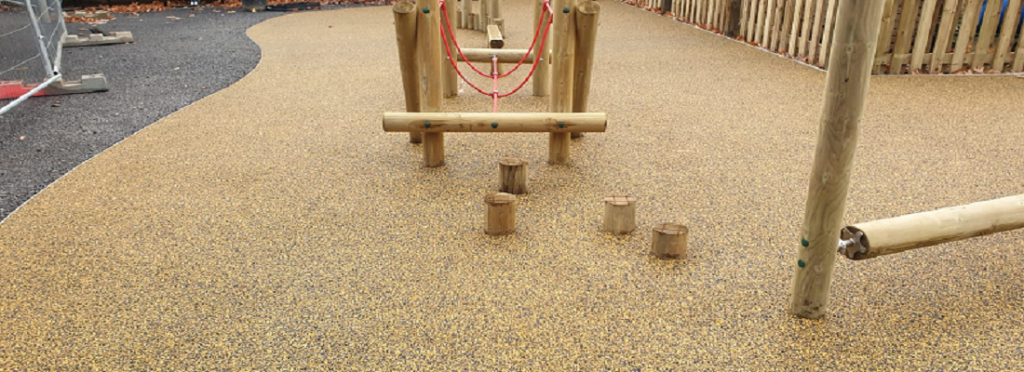
- Day Care Playground Safety Flooring in Stoke, Staffordshire
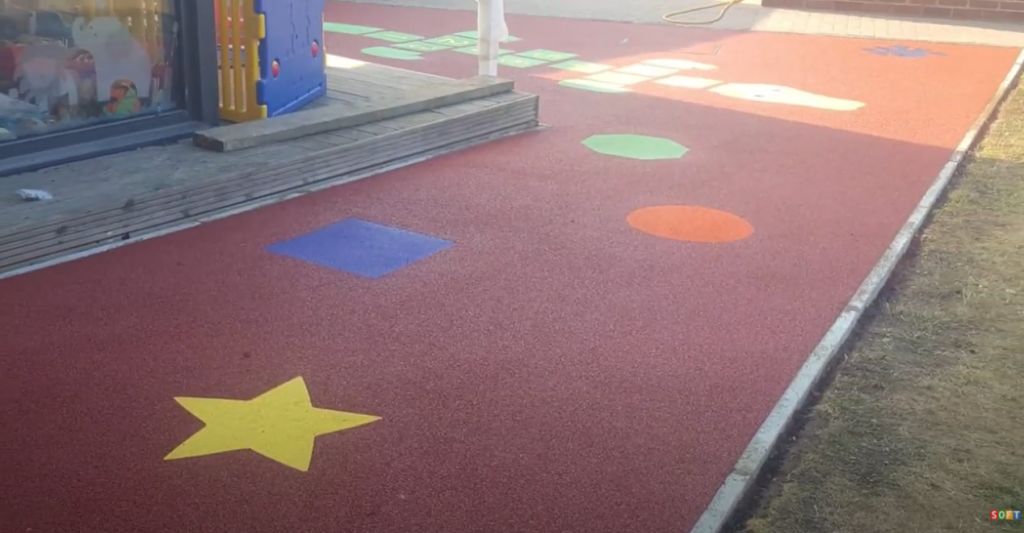
- Den Building Ideas for Schools
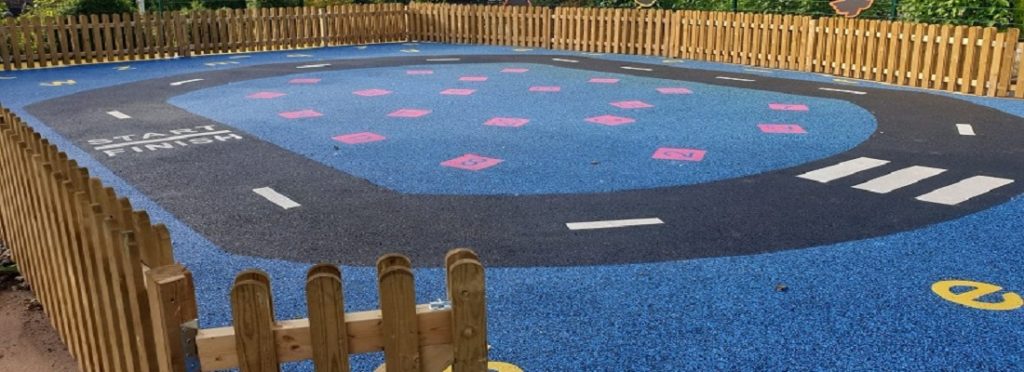
- Early Years Outdoor Play
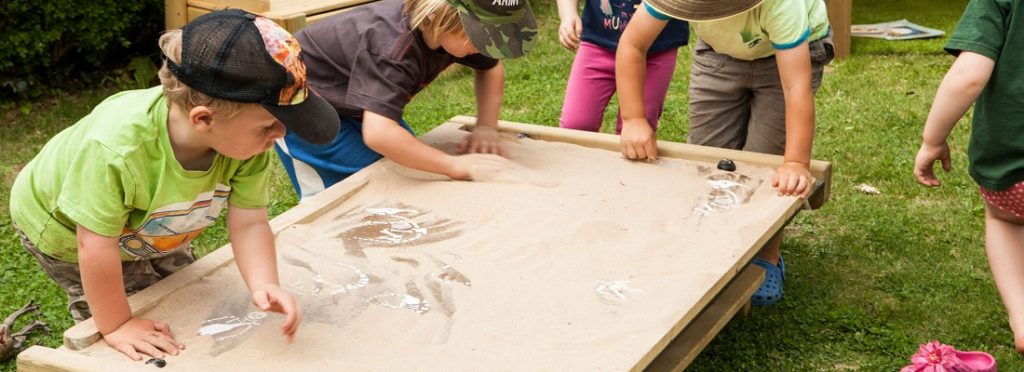
- Educational Play Designs
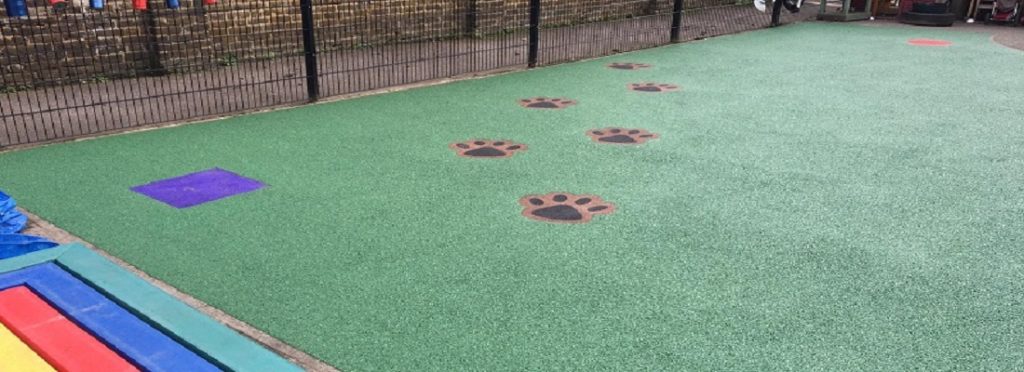
- Educational Playground Surface Installation in Brighton

- Educational Playground Surface Installation in Brighton, East Sussex
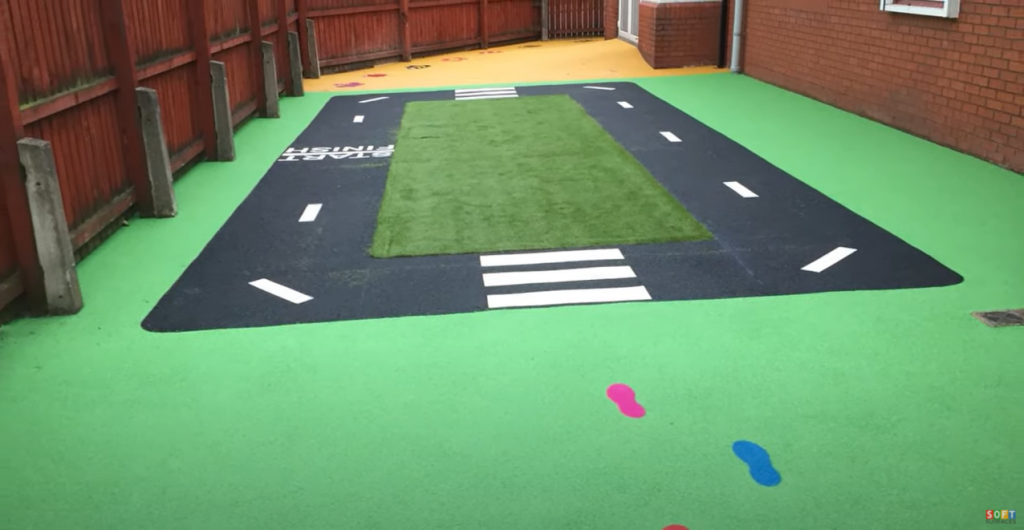
- Encouraging Risk Taking in Outdoor Play
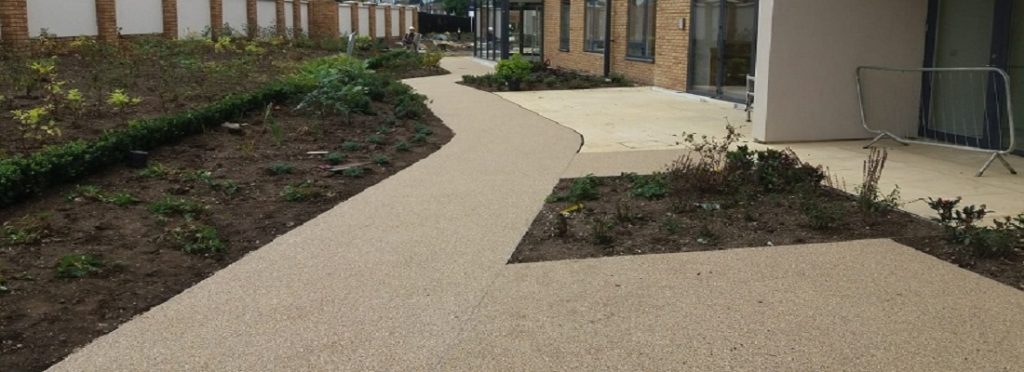
- EPDM Rubber Play Area Flooring in Luton
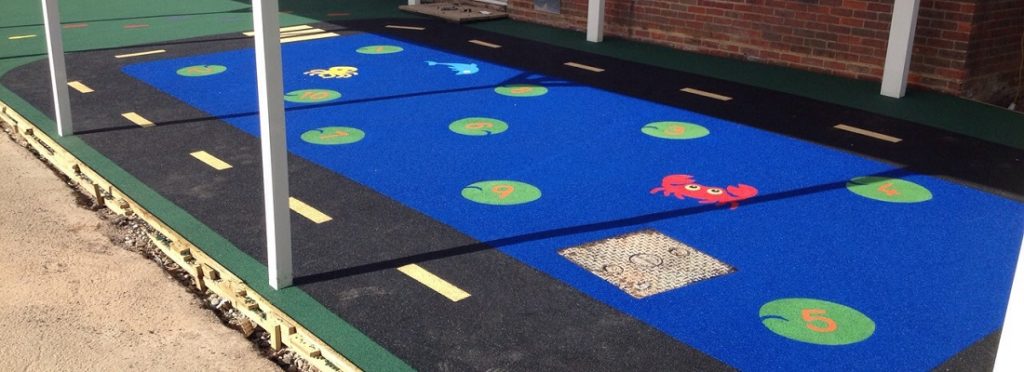
- EPDM Rubber Play Area Flooring in Luton, Bedfordshire
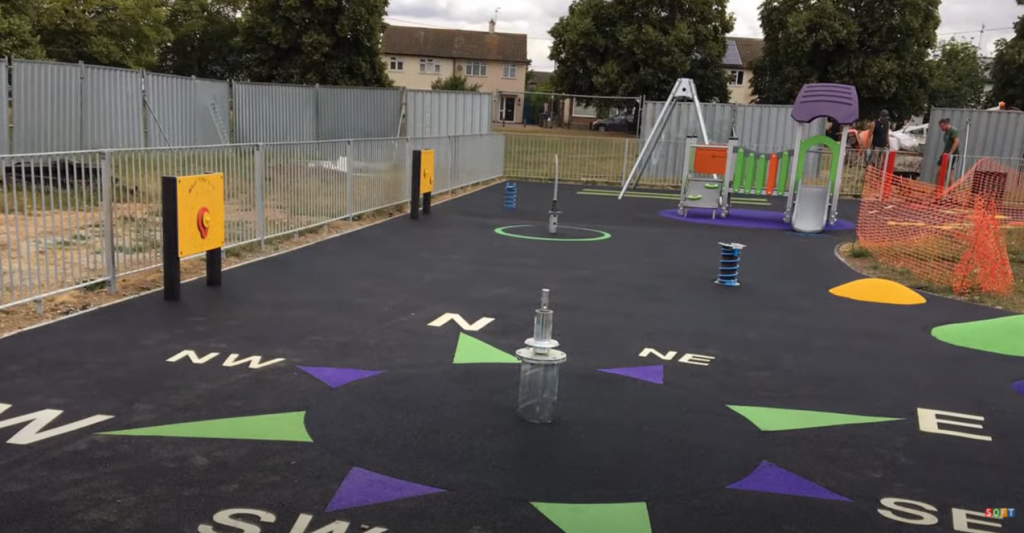
- EPDM Rubber Play Area Surfacing in Leeds, West Yorkshire

- EPDM Rubber Wetpour Flooring in Newcastle, Tyne and Wear
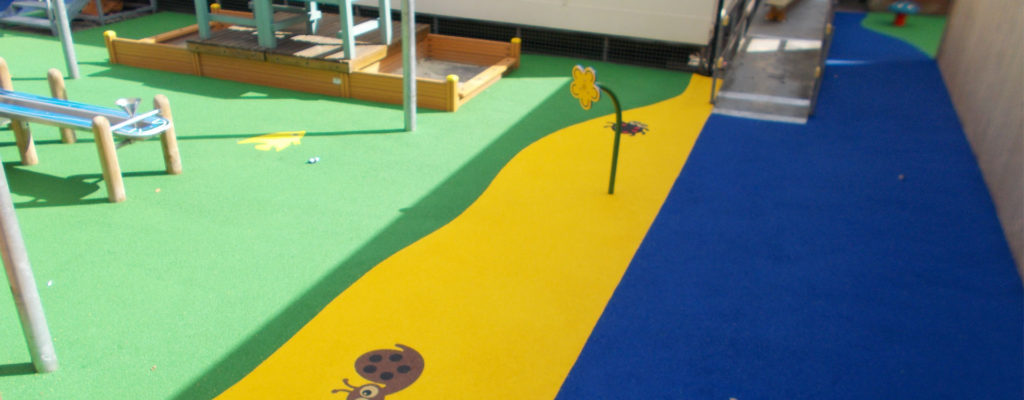
- EPDM/SBR Rubber Surfacing Playground Flooring
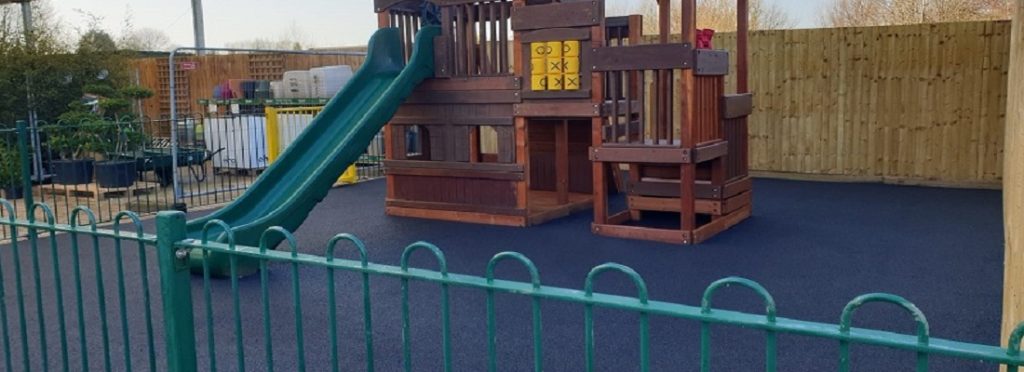
- Expressive Arts Playground Ideas
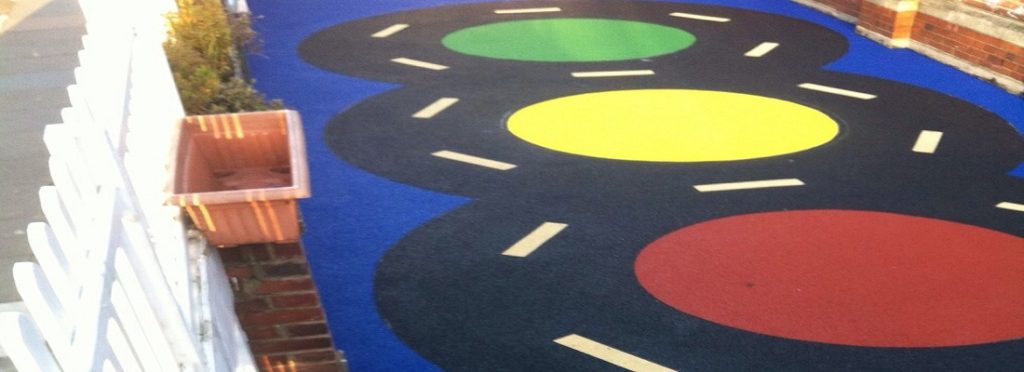
- How Do I Apply for Grant Funds for a Play Area in the UK?

- How Do Wet Pour Repair Kits Work
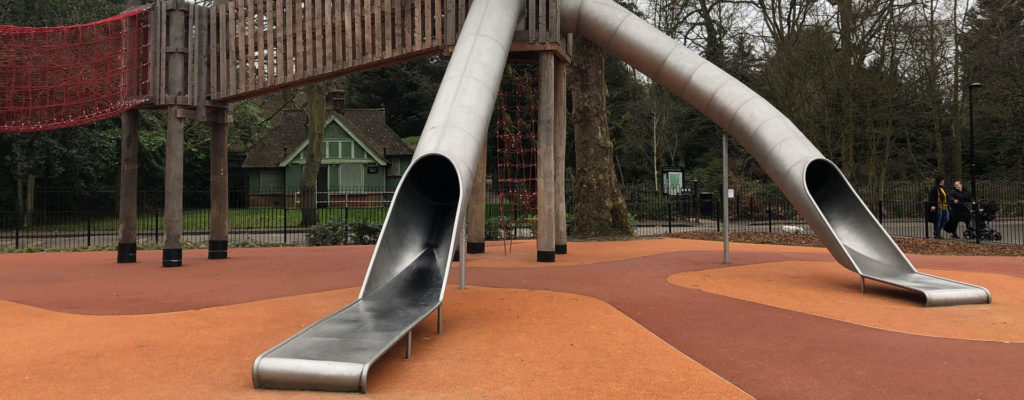
- How Playing Outside Can Reduce Stress and Anxiety
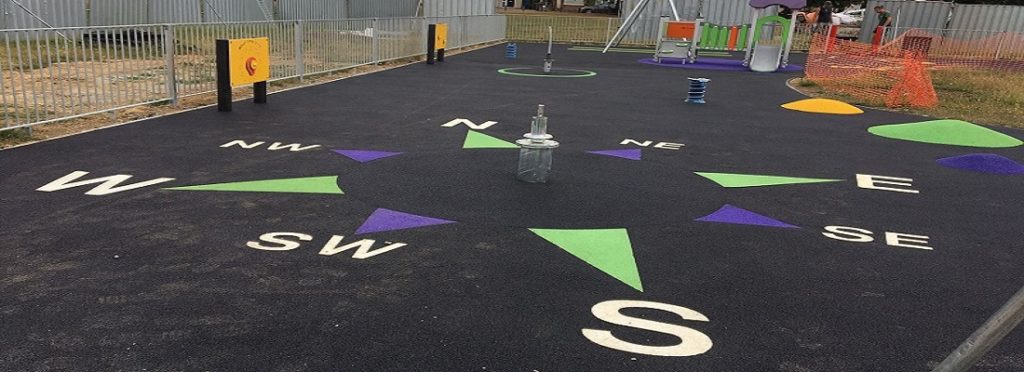
- How to Encourage Phonics Learning on the Playground

- How to Prepare Your Playground for Winter
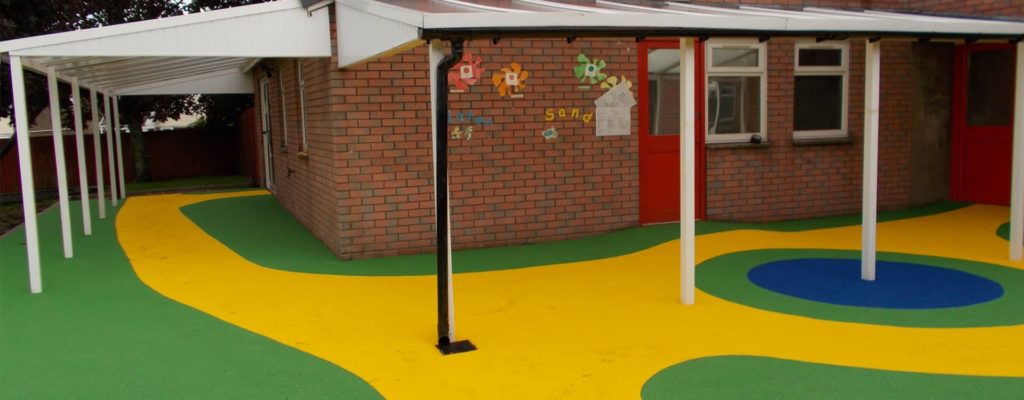
- How to Refresh Your School Playground

- Imaginative Play Ideas for Kids
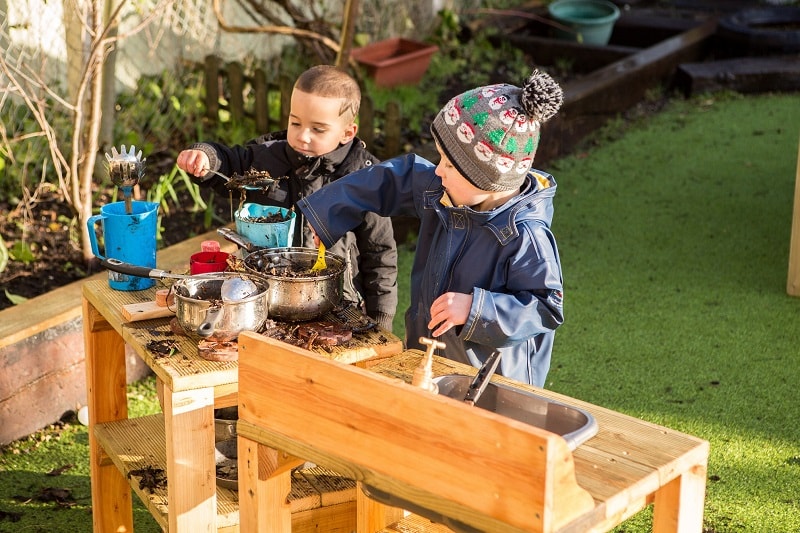
- Impact Attenuating Playground Surfacing
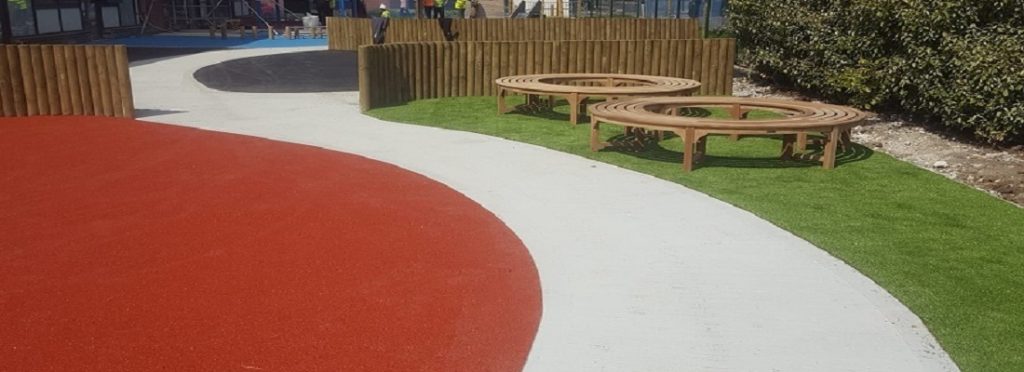
- Improving Children’s Mental Health With Play
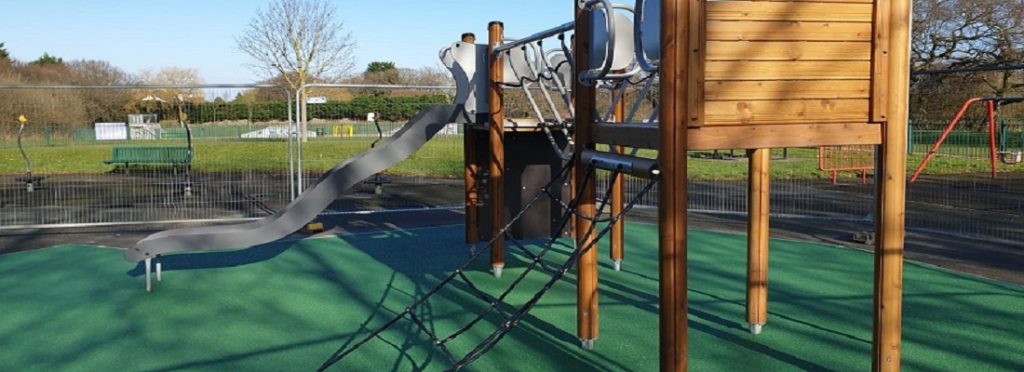
- Inclusive Playground Equipment for Schools
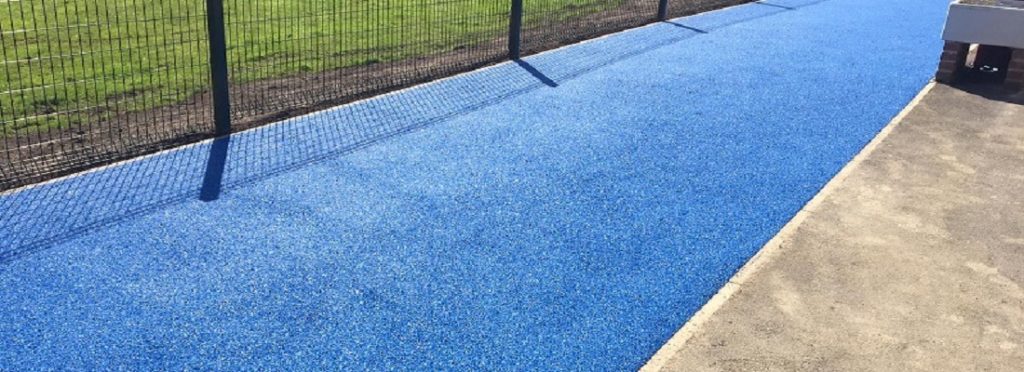
- Independent Learning Activities for Kids
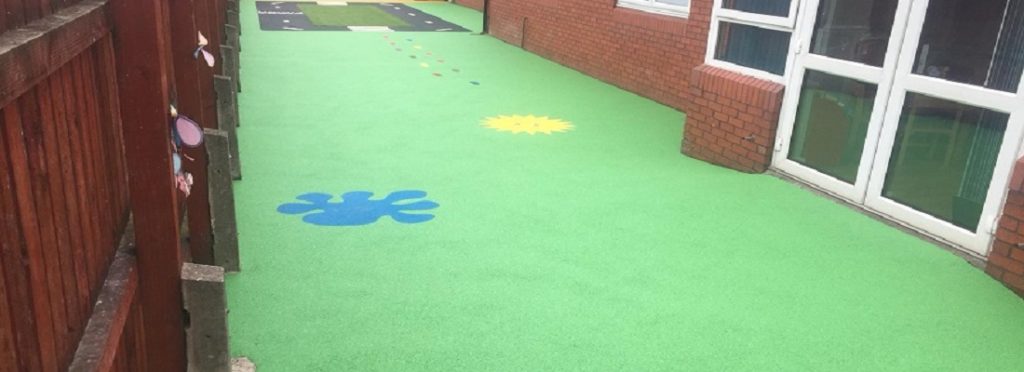
- Lap, Leap, Neap Play Area

- Large Wetpour Play Area Surface in Stockport
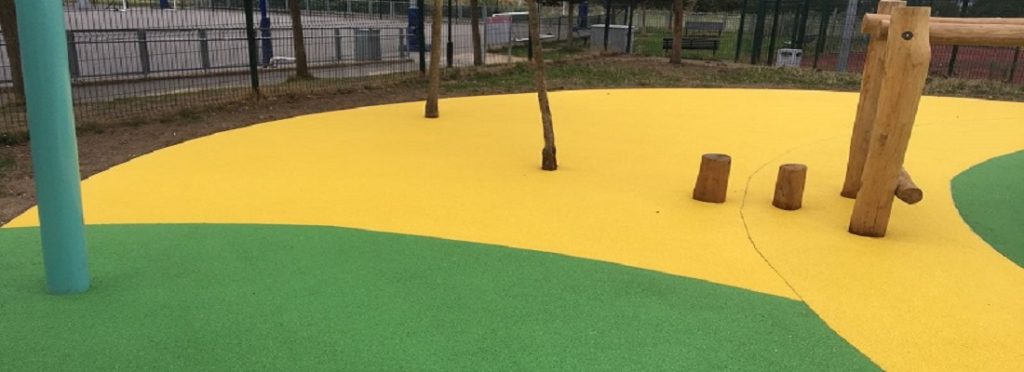
- LEAP Local Equipped Area for Play

- Learning Through Play – Psychology and Theories

- Managing Behaviour Through Active Outdoor Play

- NEAP Neighbourhood Equipped Area for Play
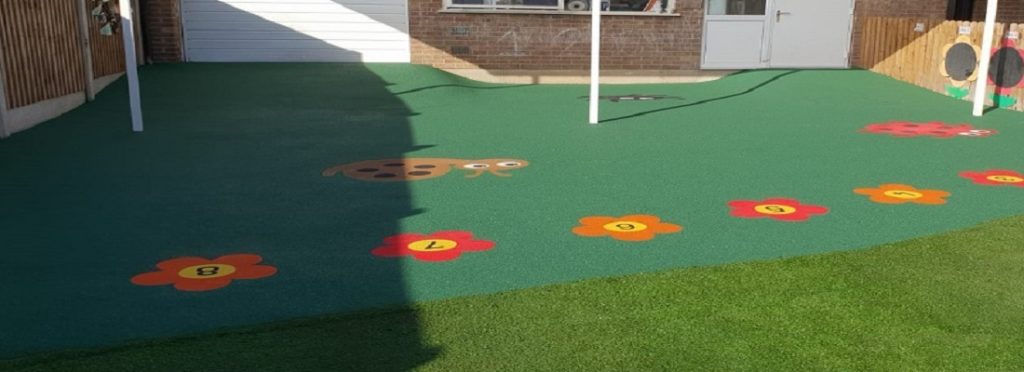
- Needlepunch Playground Construction in Kilmarnock
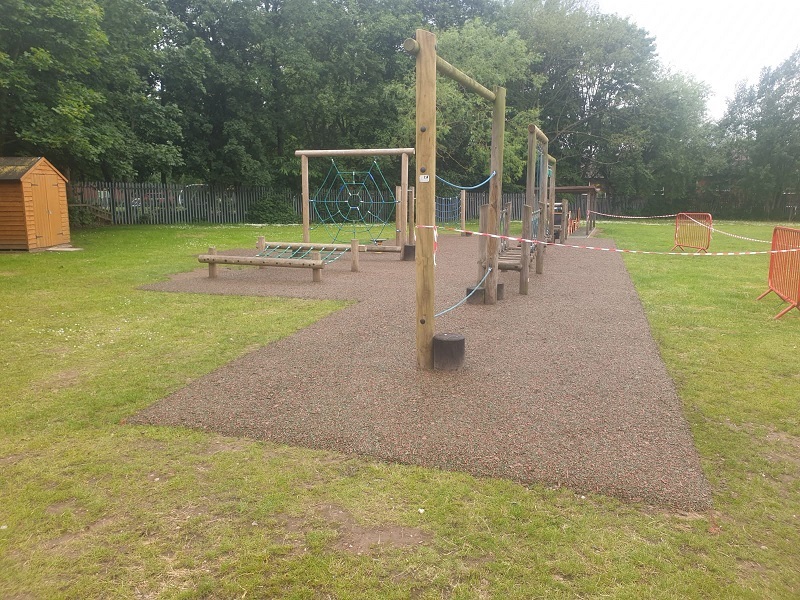
- Nursery EPDM Rubber Surfacing in Wolverhampton

- Nursery Play Area Maintenance

- Nursery Play Area Surfacing
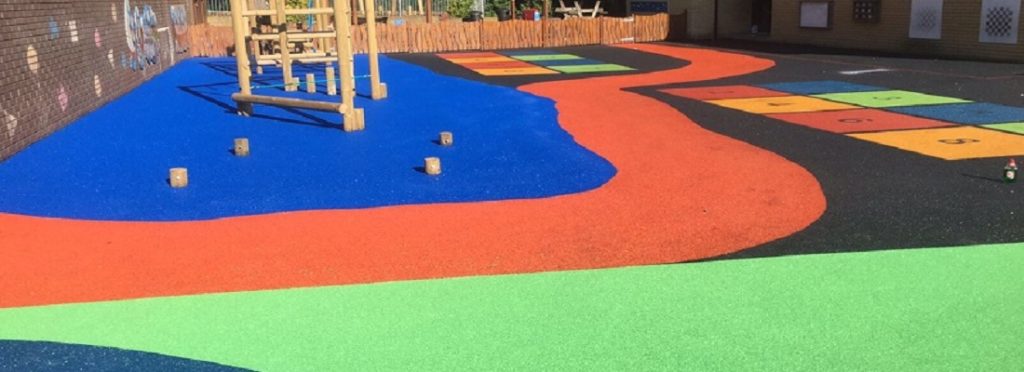
- Nursery Playground Installation

- Nursery School Green Wetpour Overlay in Gloucester
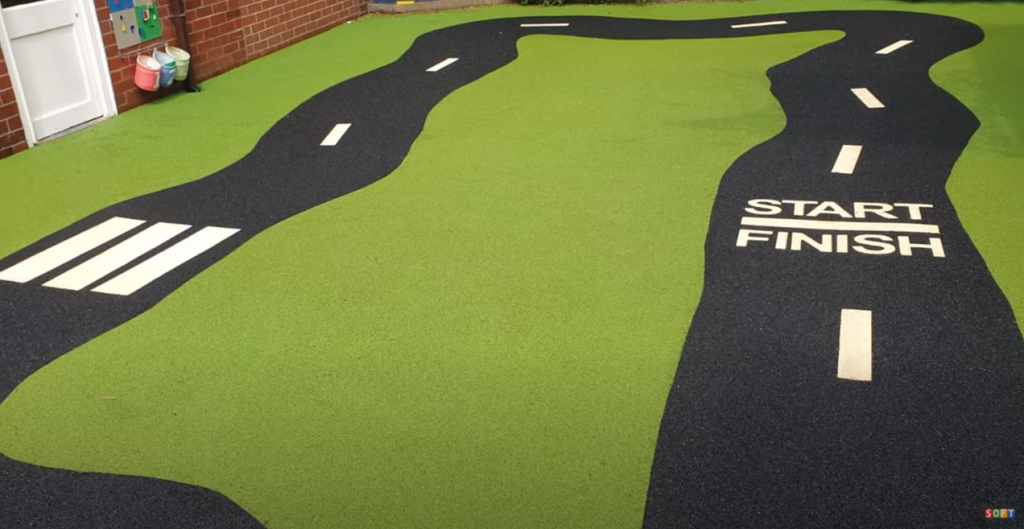
- Ofsted Requirements for Outdoor Play

- Outdoor Maths Games for Children

- Outdoor Nursery School Surfacing in Preston
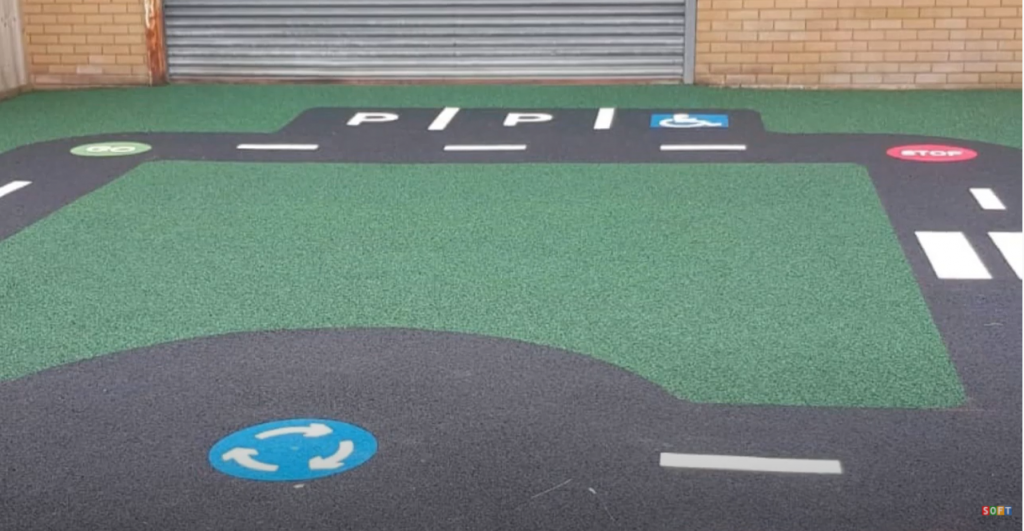
- Outdoor Nursery School Surfacing in Preston Lancashire

- Outdoor Play Area Ideas for Kids

- Outdoor Play Ideas for Children With Dyscalculia
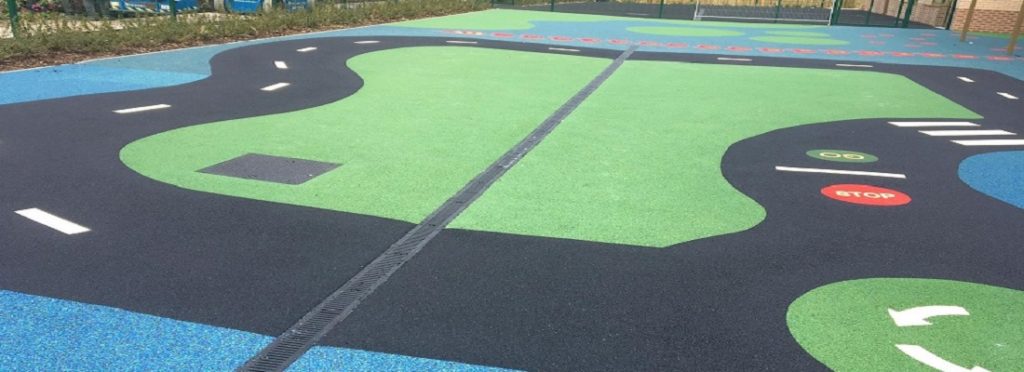
- Outdoor Playground Roadway Design

- Outdoor Safety Flooring Designs
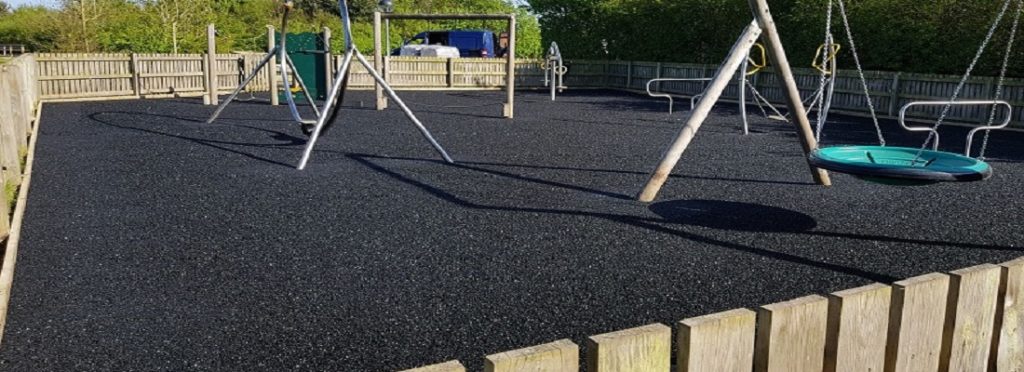
- Outdoor Wetpour Surfacing Install in Leicester
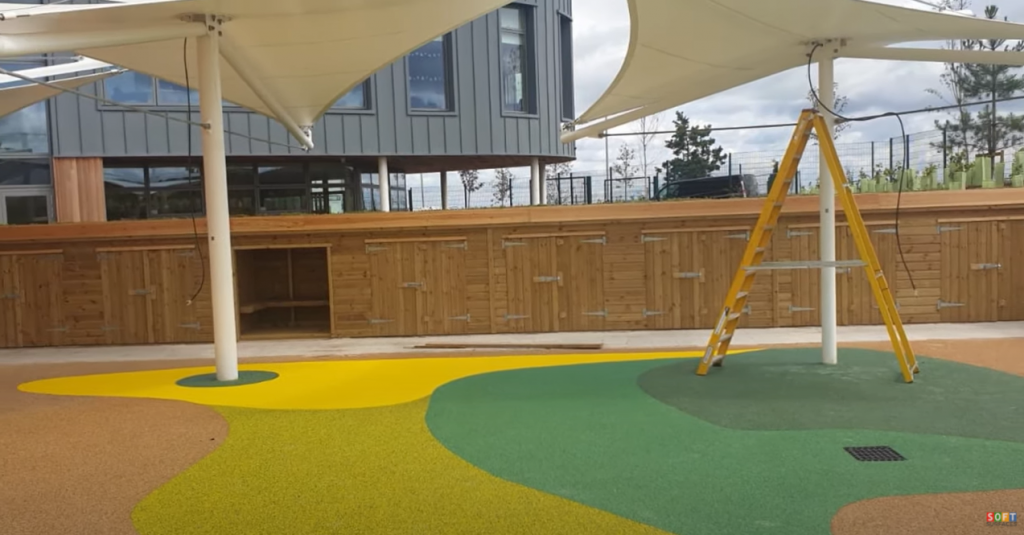
- Play Area Line Marking Specification

- Play Area Maintenance

- Play Area Surfaces
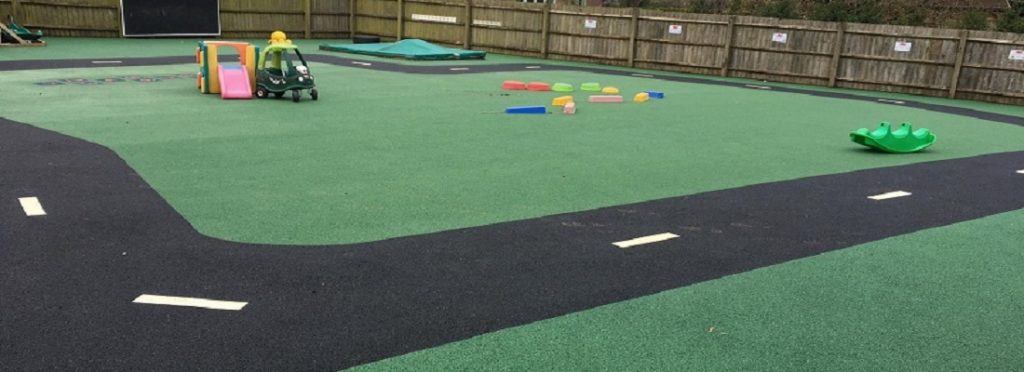
- Playground Activities for the National Curriculum

- Playground Designs for Sensory Processing Disorder

- Playground Equipment for Schools

- Playground Fencing

- Playground Flooring Repair in Birmingham, West Midlands

- Playground Games for Children With Dyspraxia

- Playground Games to Encourage Speech Development
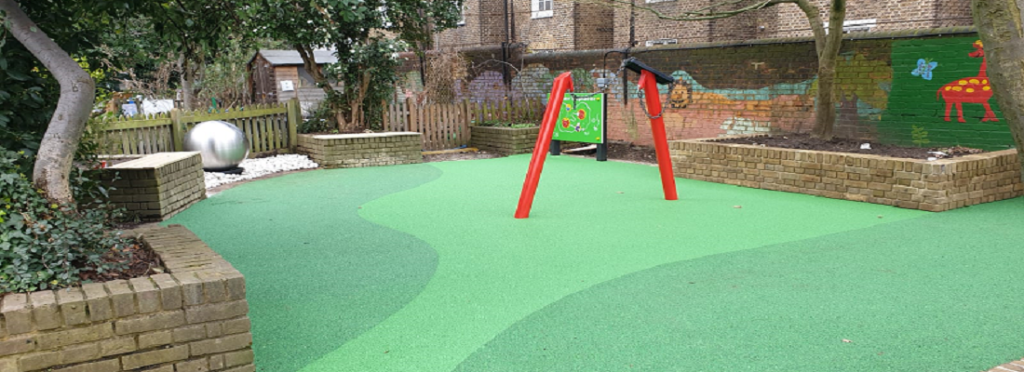
- Playground Grass Mats Safer Flooring
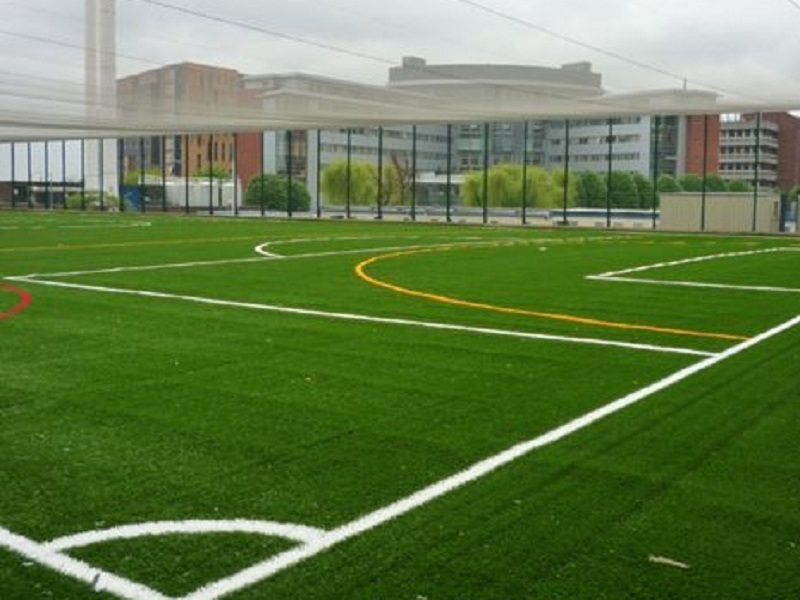
- Playground Marking Graphics

- Playground Markings

- Playground Safety Surface Construction in Reading, Berkshire
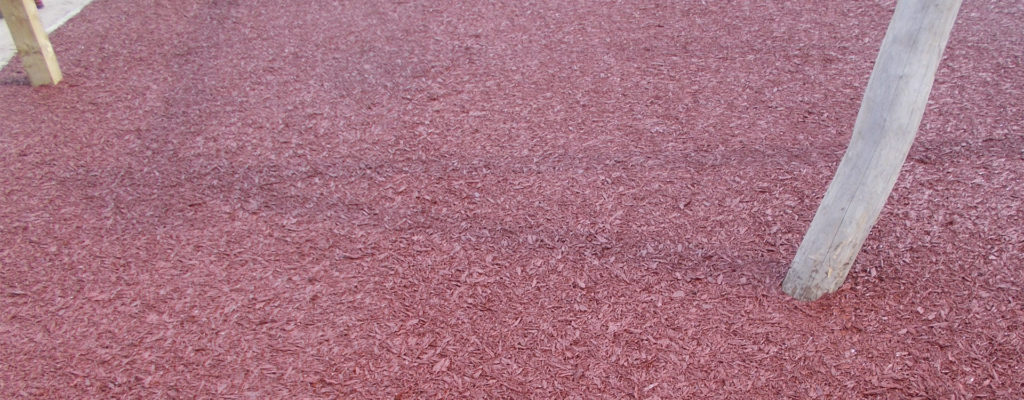
- Playground Safety Surfacing with Graphics in Shropshire
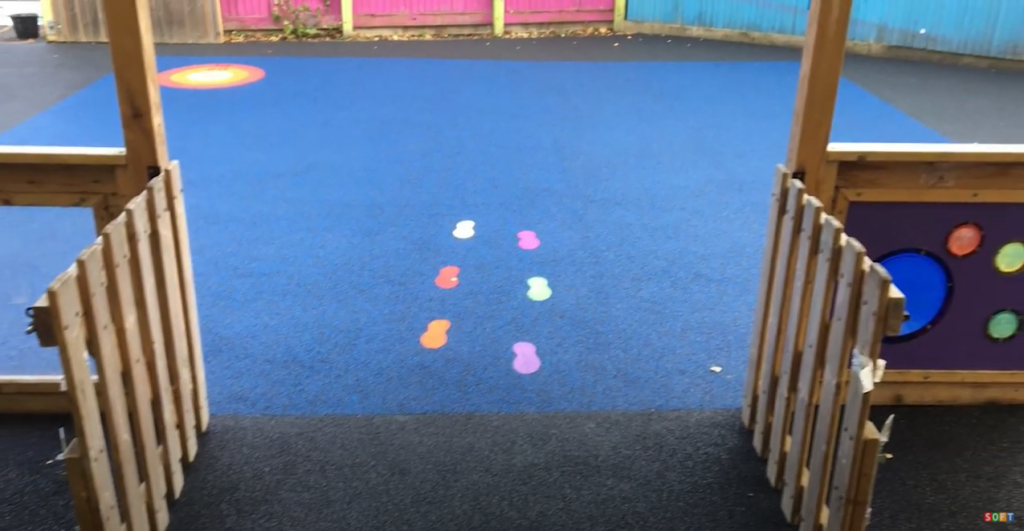
- Playground Surface HIC Safety Flooring
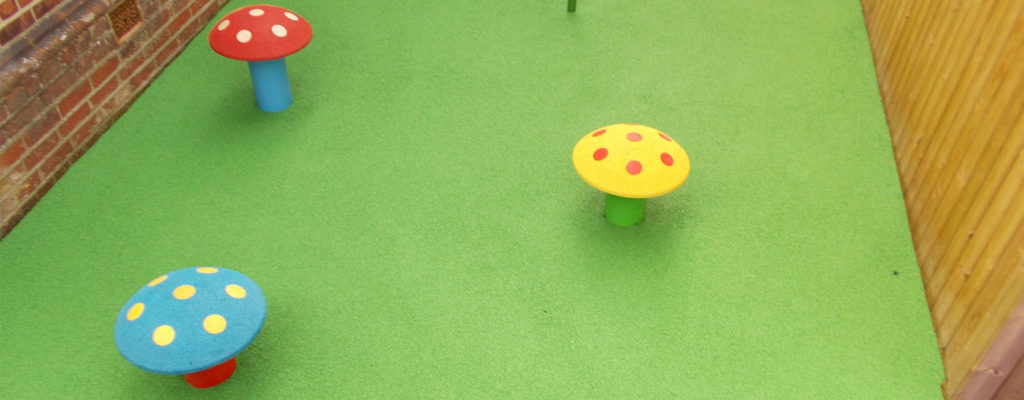
- Playground Surfacing in Hertfordshire

- Playground Surfacing Options

- Playground Wet Pour Flooring in Northamptonshire
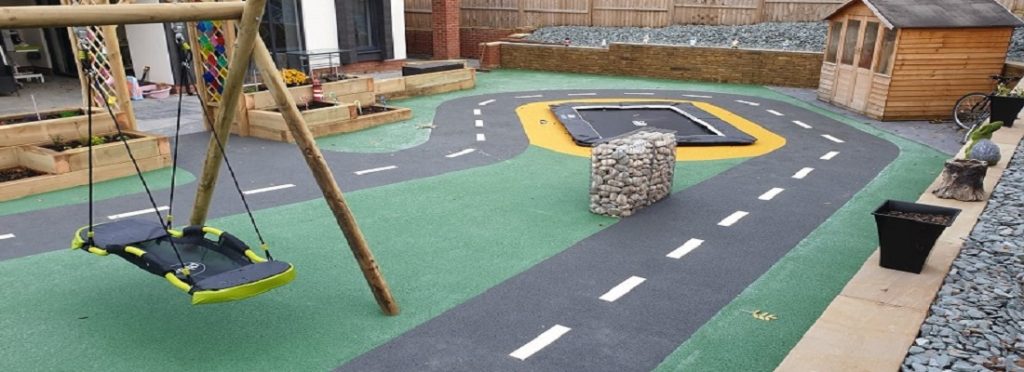
- Playground Wet Pour Flooring in Northumberland

- Playground Wet Pour Flooring in Nottinghamshire

- Playground Wet Pour Flooring in Oxfordshire

- Playground Wet Pour Flooring in Somerset

- Poured in Place Rubber Bouncy Playground Surfaces

- Pre School Play Area Surfacing in Wigan, Greater Manchester

- Pre-School Play Area Surfacing in Wigan
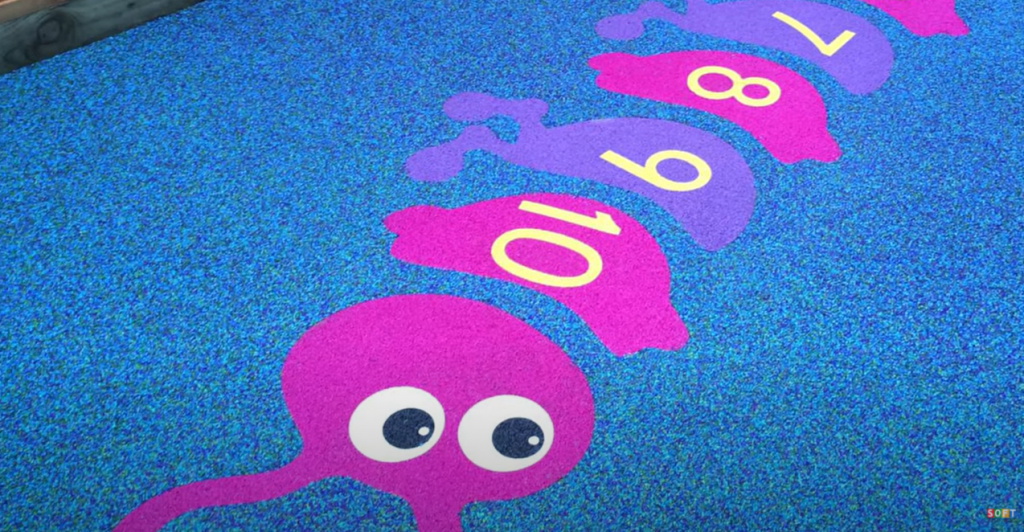
- Primary School Outdoor Classroom Funding Grants

- Protective Playground Flooring

- PS4 Activity Games Space Area in Penrith
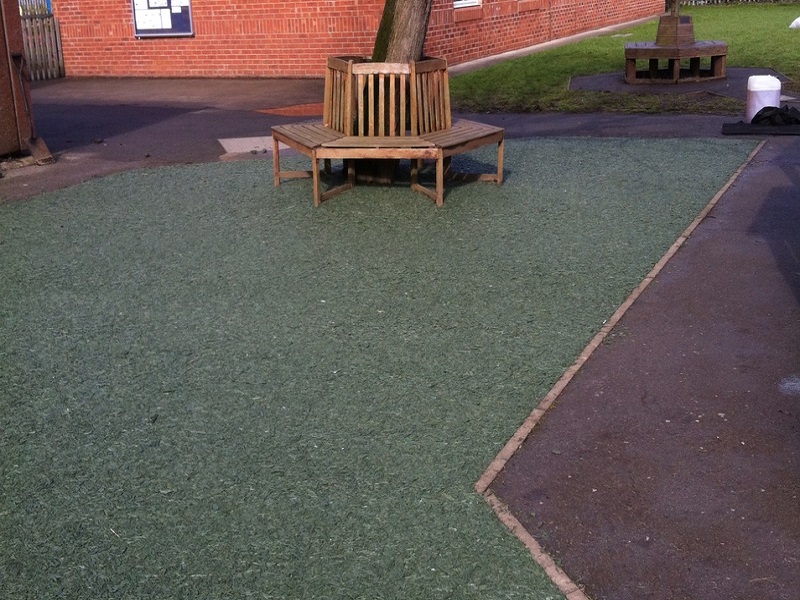
- Q26 – Wetpour Playground Safety Surfacing
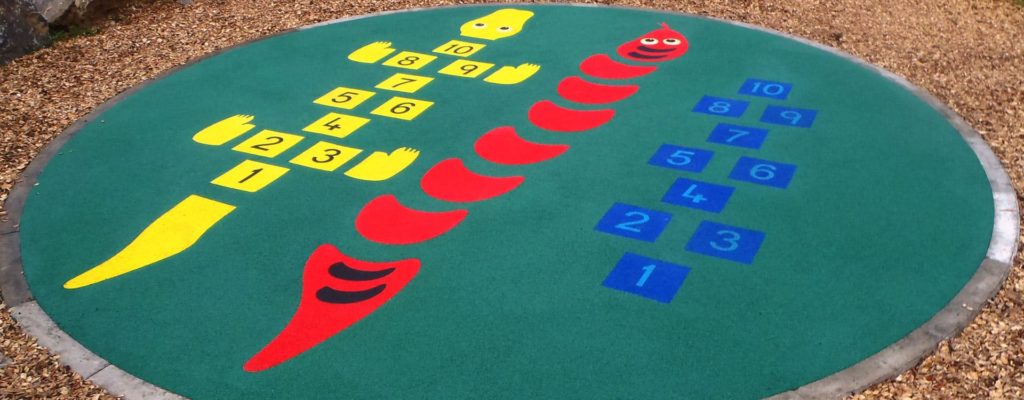
- Rubber Outdoor External Playground Flooring

- Rubber Playground and Artificial Grass Surfacing in Middlesbrough
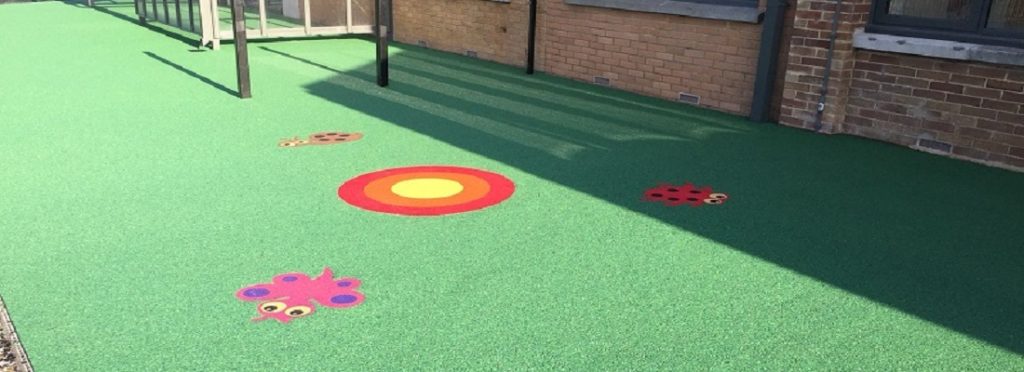
- Rubber Playground Surface Construction

- Rubber Spheres Play Equipment

- Rubber Tarmac Flooring

- Rubber Tarmac School Outdoor Playground Flooring
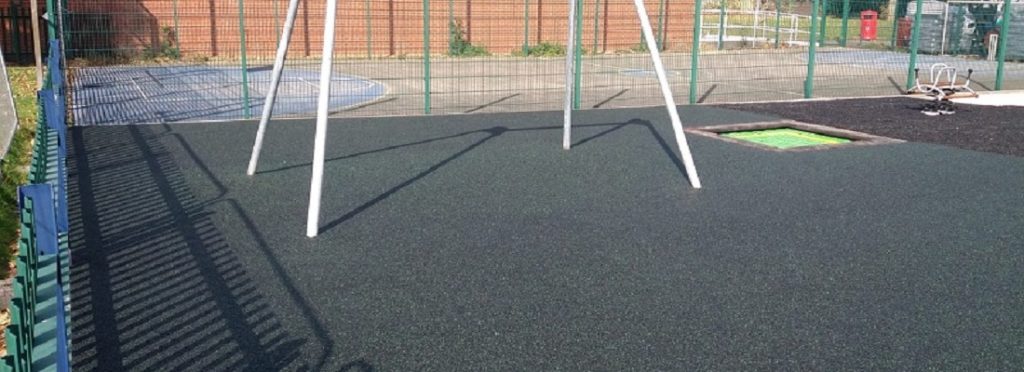
- Safety Surfaces For Playgrounds

- Sand and Water Play Activities for Kids
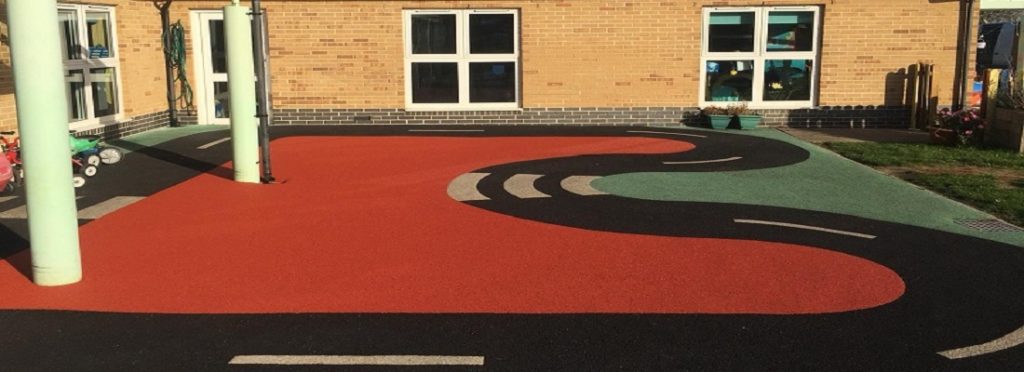
- School Adventure Trail Designs

- School All Weather MUGA Pitches
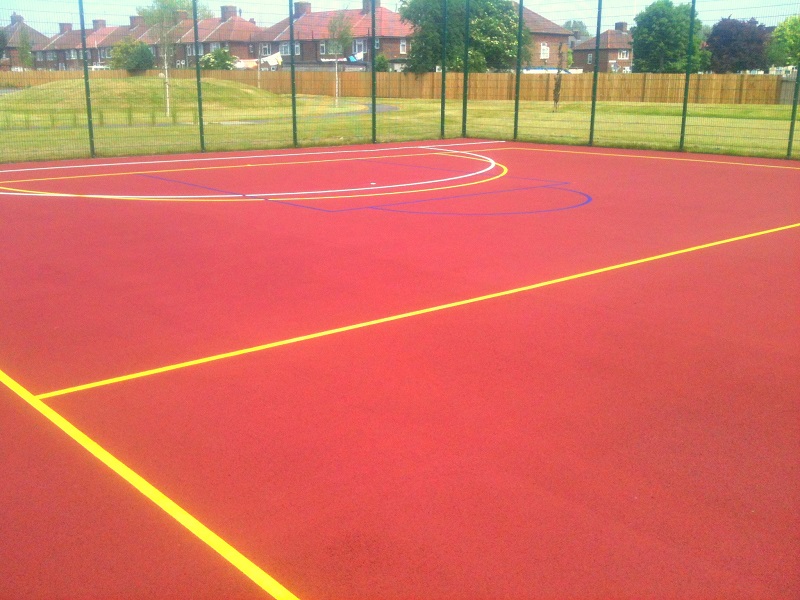
- School Athletics Track Designs

- School Playground Design and Install in Manchester

- School Playground Graphics

- School Playground Groundworks

- School Playground Ideas

- School Playground Maintenance

- School Playground Marking Designs

- School Playground Surfacing

- Schools Recreational Long Jump Runway Length
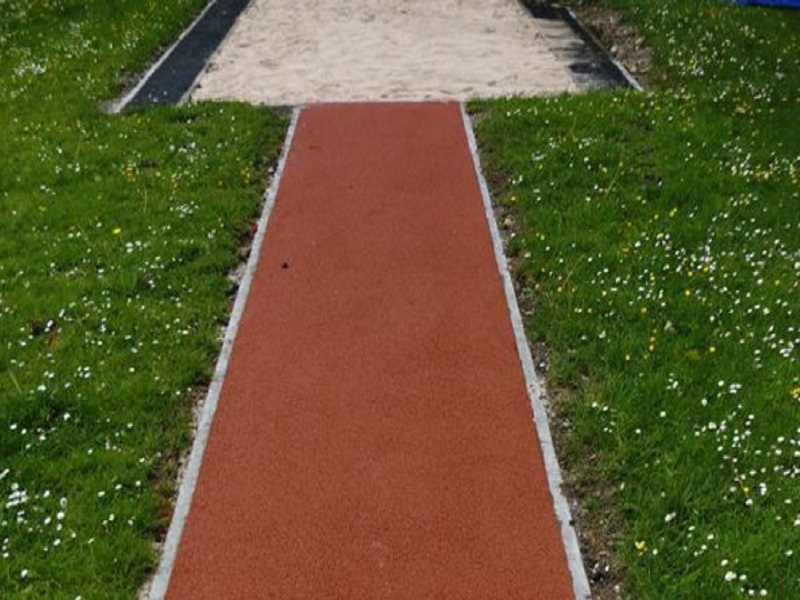
- SEN Playground Equipment for Schools

- Small nursery EPDM Rubber Surfacing in Wolverhampton
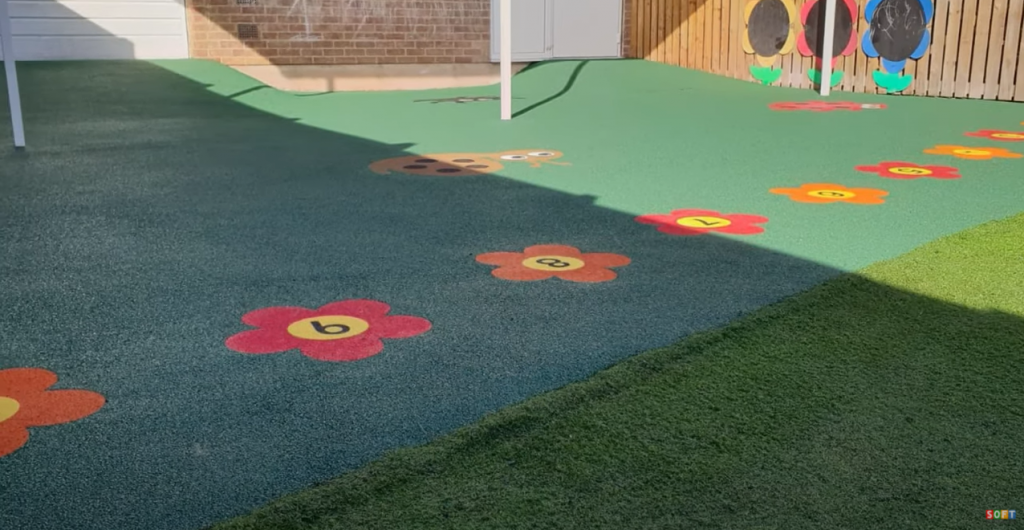
- Soft Fall Impact Absorbing Playground Surface

- Spongy Nursery School Surfacing in Carlisle
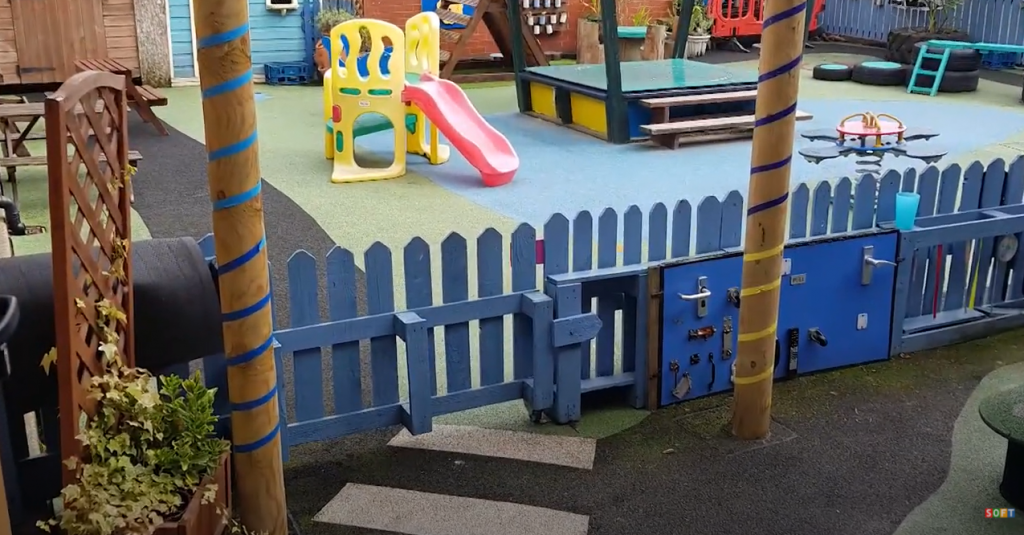
- Spongy Playground Flooring Construction in Woking, Surrey
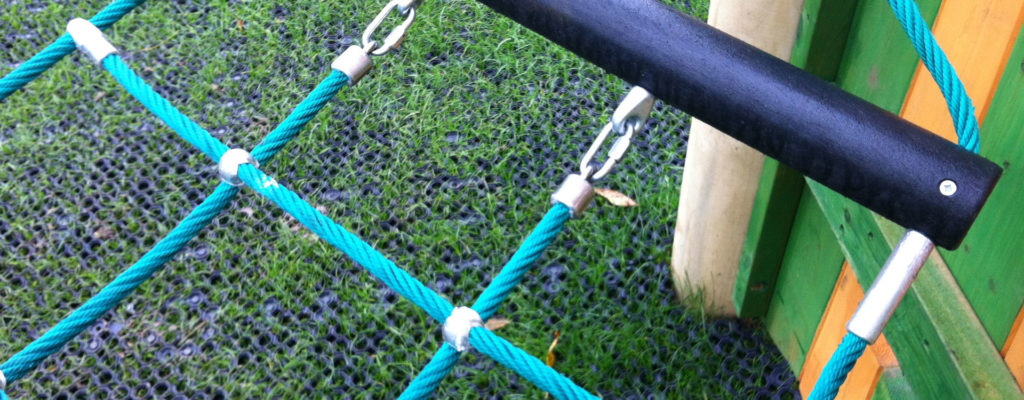
- Spongy playground flooring construction that we carried out in Woking, Surrey
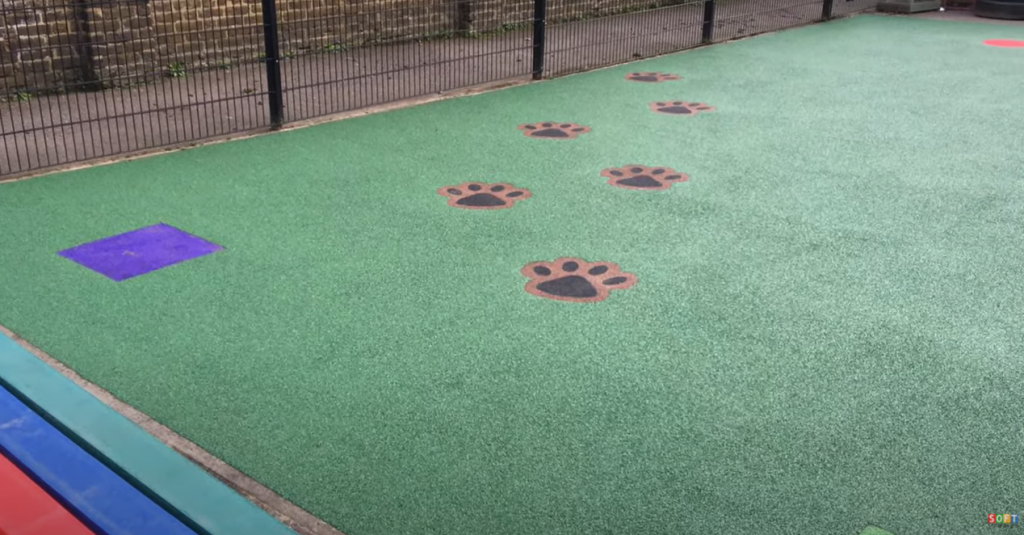
- Spongy Safer Pour Surfacing for Playgrounds

- Tests for Playground Safety Flooring

- Top 3 Safety Surfaces for Playgrounds

- Top 5 School Playground Trends

- Wet Pour Surfacing and Synthetic Turf Construction in Worthing, Sussex
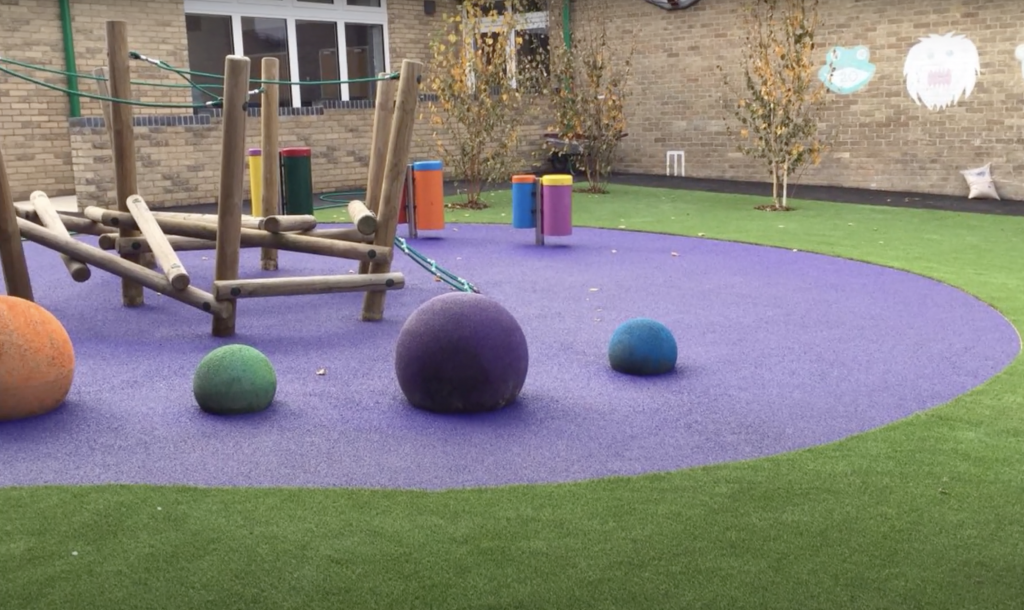
- Wetpour Flooring & Graphics Installation in Bristol
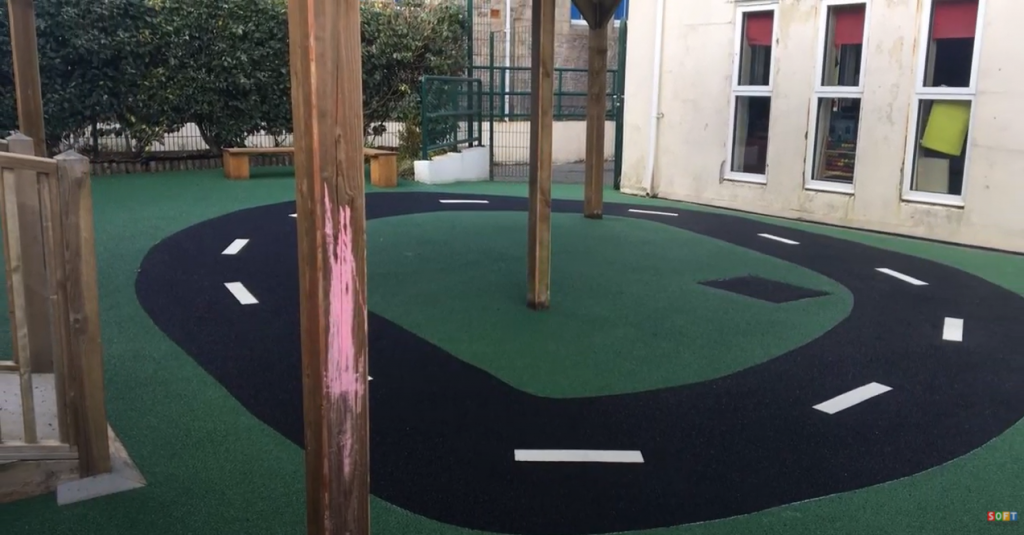
- Wetpour Playground with Graphics in Salford, Greater Manchester
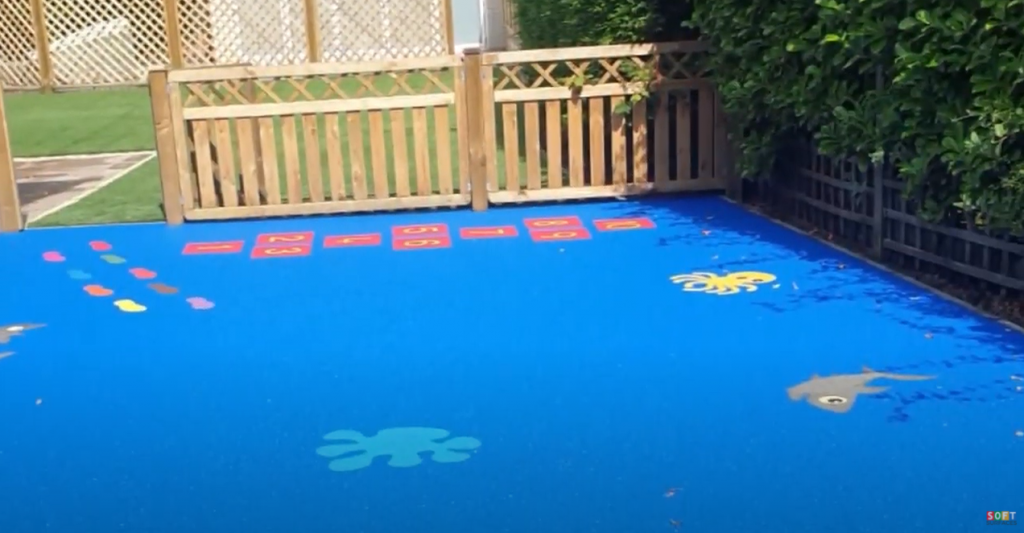
- Wetpour Safety Flooring with Graphics at a Nursery in Cheltenham, Gloucestershire
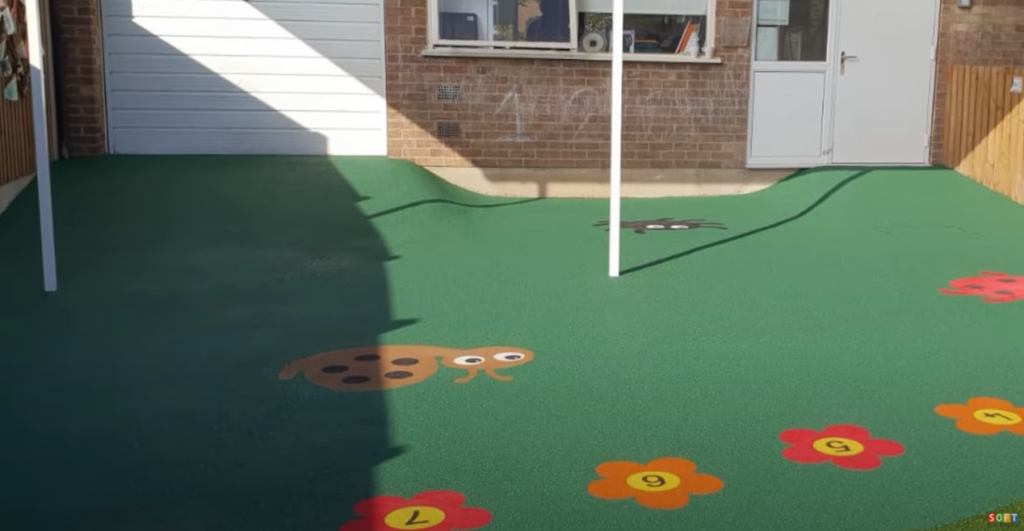
- What Is Critical Fall Height?

Experiences like this are a key part of the school curriculum. They help children to understand the world and gain valuable knowledge to take into the future.
Get expert advice, today call us on
Get a FREE quote from our award winning team